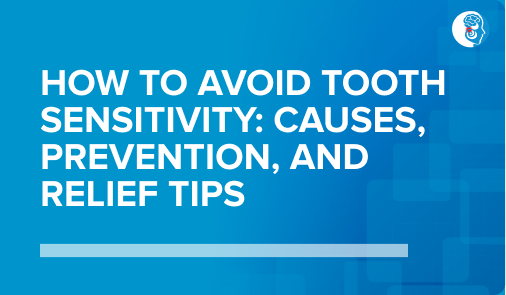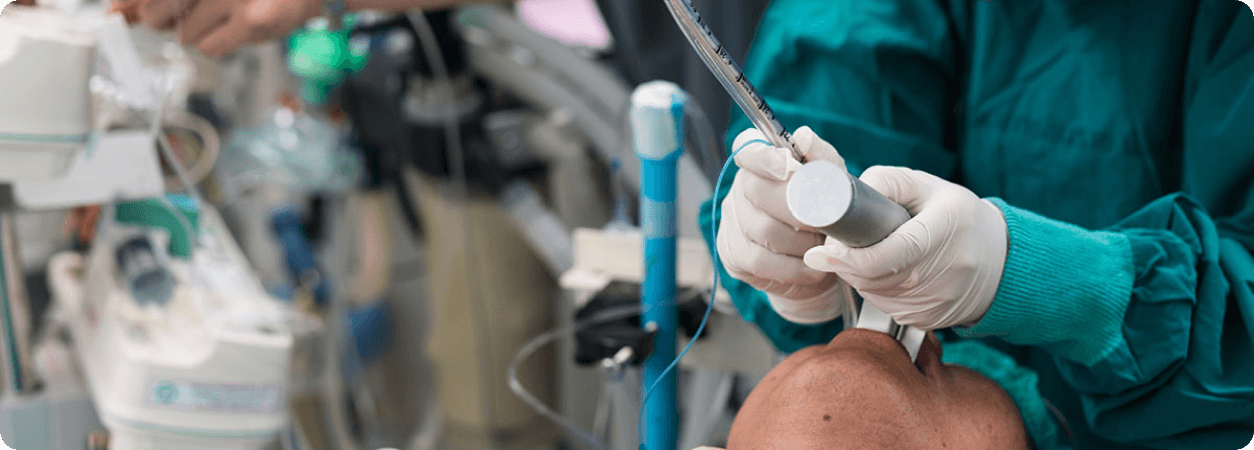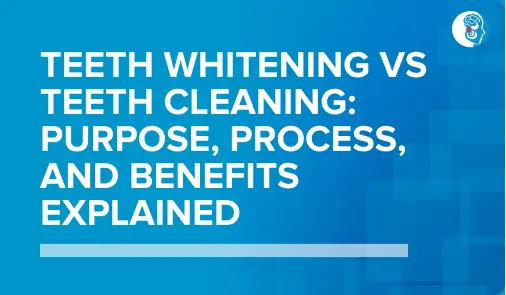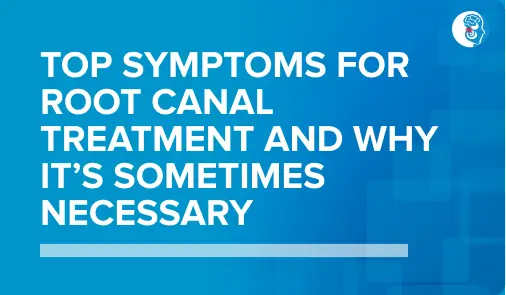
How to Avoid Tooth Sensitivity: Causes, Prevention, and Relief Tips
Tooth sensitivity can turn everyday moments into painful ones. A sip of cold water, a hot drink, or even brushing your teeth may cause sudden


Tooth sensitivity can turn everyday moments into painful ones. A sip of cold water, a hot drink, or even brushing your teeth may cause sudden

A healthy smile depends on more than daily brushing. Professional dental care plays a key role in keeping teeth clean, gums healthy, and smiles confidently.

Tooth pain is not always easy to understand. Some pain goes away on its own. Other pain keeps coming back or getting worse over time.
WhatsApp us